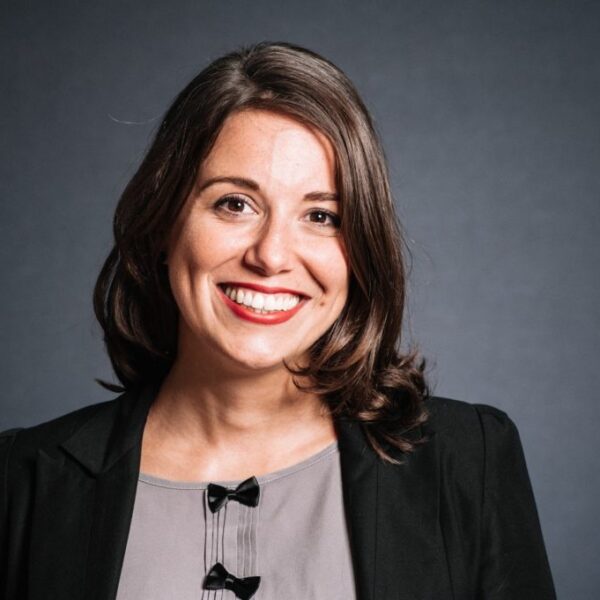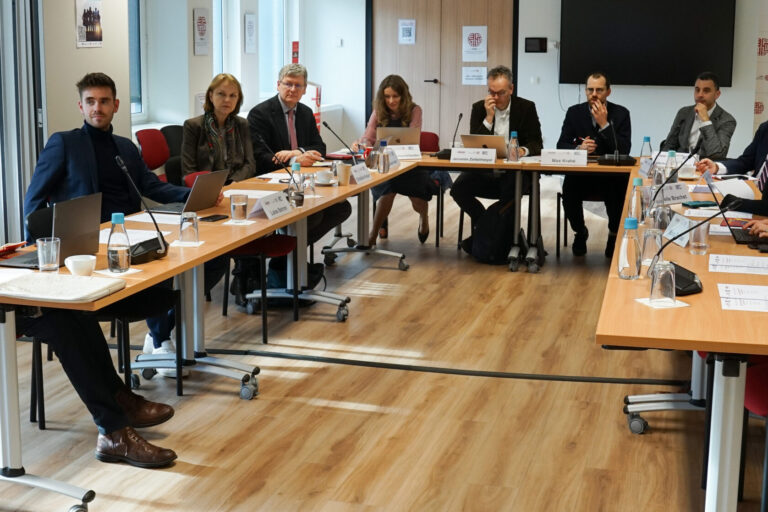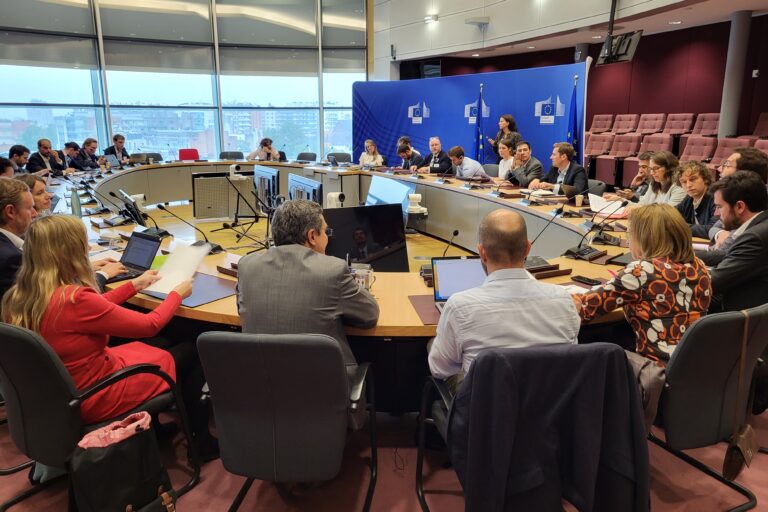On May 29, the second workshop on dimensions, challenges and opportunities of a just transition took place in Brussels. The goal was to foster international exchange and knowledge sharing on the way to a more just and sustainable energy transition. Perspectives from eight countries worldwide contributed to an exciting debate on the role of foreign policy in that process.
The event brought together selected practitioners and policy-makers from the fields of energy and foreign policy. On the one hand, representatives from at least 9 different countries and national governments (Poland, Canada, France, South Africa, Romania, Belgium, England, The Netherlands and Germany), from Foreign Affairs ministries and the EU Commission joined the debate. On the other hand, civil society, such as the European Trade Union Confederation (ETUC) and the German Development Institute (GDI), and watchdog organisations, like Bankwatch, and think tanks, like Clingendael Institute, Chatham House and the European Policy Centre (EPC) were also present. Discussions held built on the previous workshop, held in late March in Berlin, which offered a space for academics, experts and non-governmental organisations to deliberate on a common understanding of the concept of a just transition.
The event kicked off with two keynotes. The first keynote speech by Saliem Fakir, Head of WWF’s Policy and Futures Unit, focused on the “realpolitik” of energy transition (transition realism model) that relies on how transitions are mediated in society as opposed to the strictly economic and technical take on low-carbon transitions. We traced how low-carbon transitions can happen in given institutional settings and reorganizing societies, taking into consideration the intersection of market power, special interests and economic policies that facilitate techno-economic regimes. Examples from the Republic of South Africa, Saliem’s home country, illustrated the speech.
Secondly, Paul Stevens, Distinguished Fellow at the Chatham House, discussed the geopolitical aspect of the energy transition, including its possible implications as a global process. Conclusion: an energy transition which needs to go further and faster will likely be more disruptive, with significant implications on oil-producing or fossil fuel-dependent companies and nations and risks of (regional) instability. What role can foreign policy play in these processes – and what will their impact be on foreign policy?
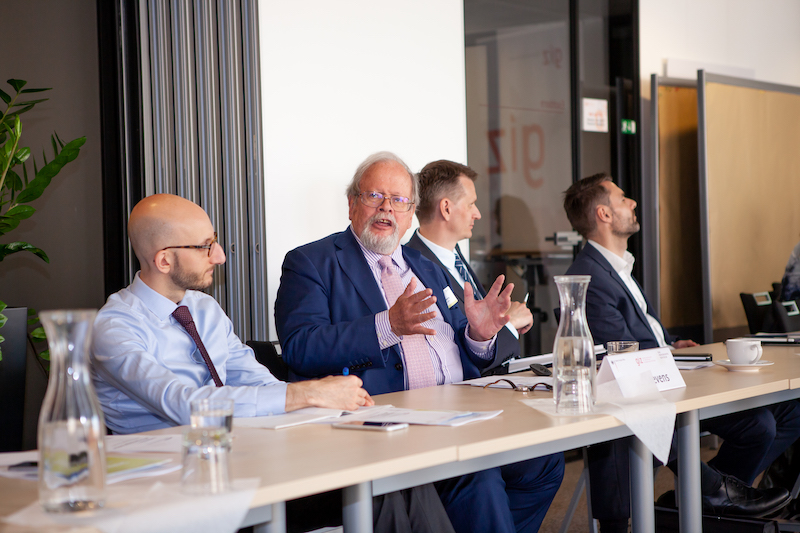
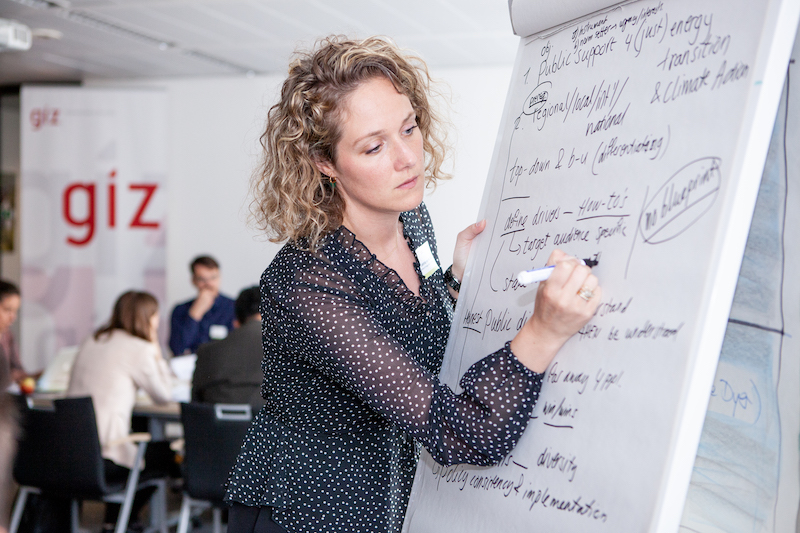
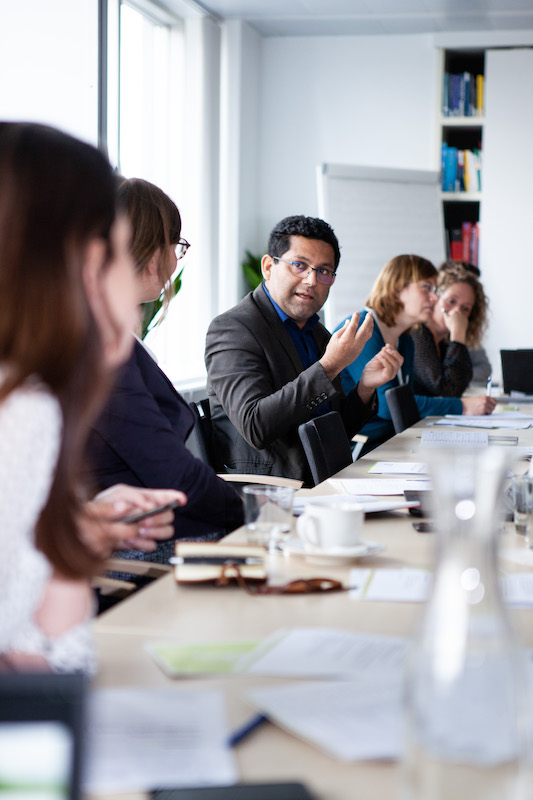
To answer this question, participants took to group work, focusing on three dimensions of possible foreign policy impact. Firstly, various aspects of transnational governance were examined, embarking on matching challenges with relevant means to tackle them, like early warning mechanisms, good practice exchange, fiscal policy tools or financing mechanisms. Relevant fora for debating such strategies were identified, for example, G20, coal commissions or Powering Past Coal Alliance (PPCA), COP, OPEC dialogue, OECD and IEA. Another group focused on public diplomacy and conditions for a successful realization of a just energy transition. Here, the issue of making the just transition a part of climate policy proved crucial, complemented by formulating a coherent and custom-designed narrative. Social media campaigns, press activities as well as classic encounters with local communities were indicated as the most effective channels to achieve this goal. Last but not least, geopolitical dimensions of a just energy transition, especially in the context of creating coherent policies, e.g. aligning EU-funding and foreign policy instruments with energy transition or engage in mitigating risks of energy transitions in countries with higher uncertainty and unstable regions.
The outcomes of this workshop will later serve to sketch a discussion paper summarizing the within the Just Energy Transition project, focusing more on policy-making processes and relevant recommendations for foreign policy in the field of the energy transition.
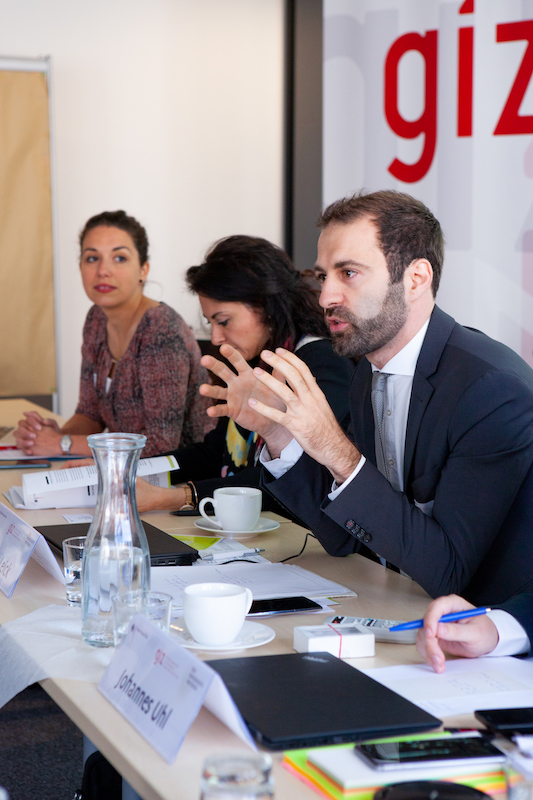
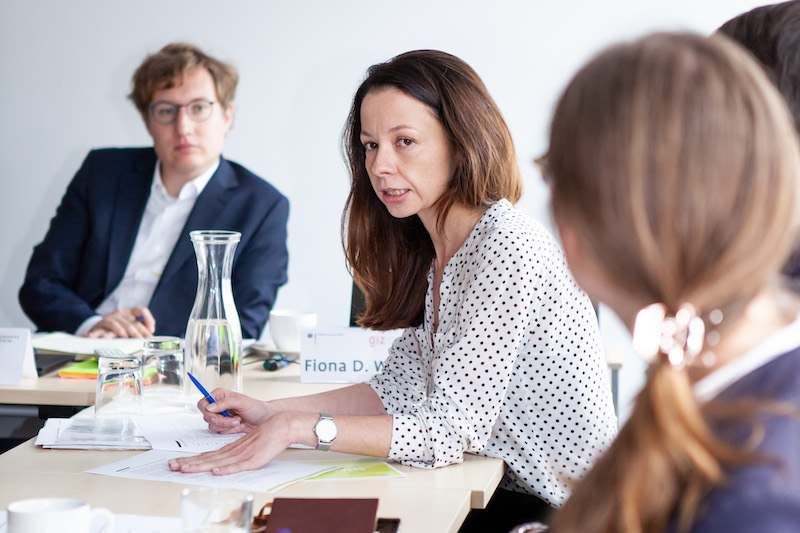
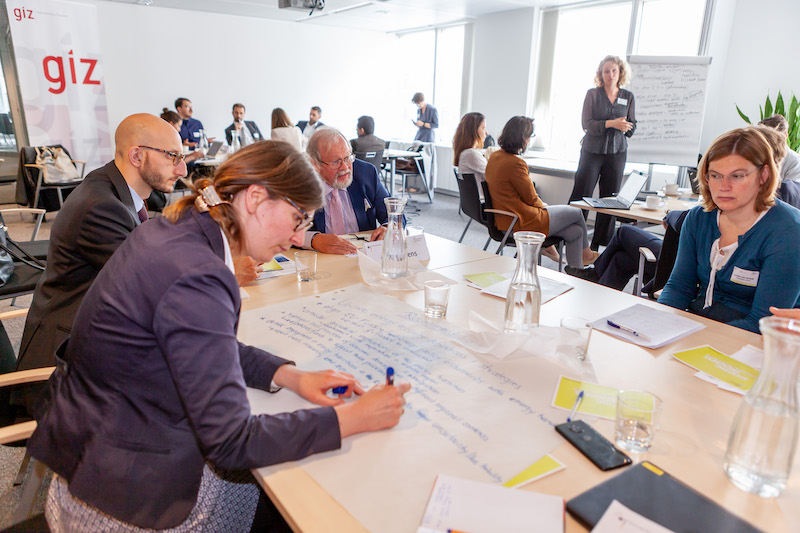
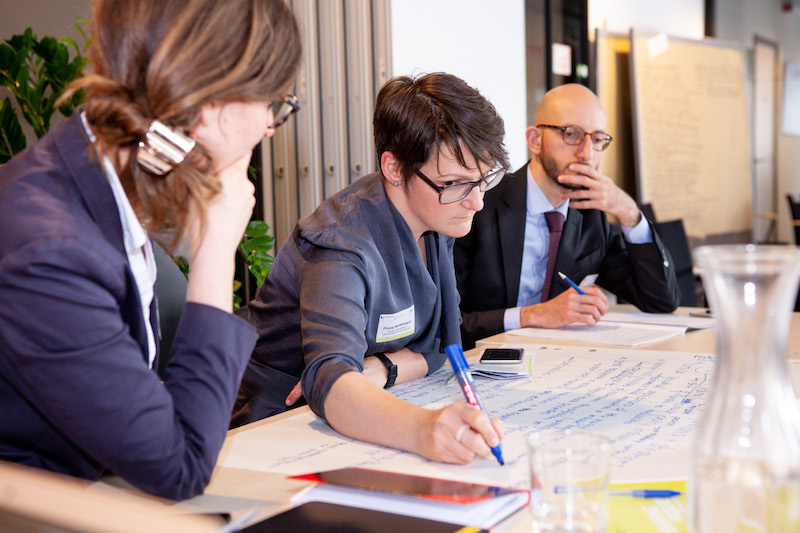
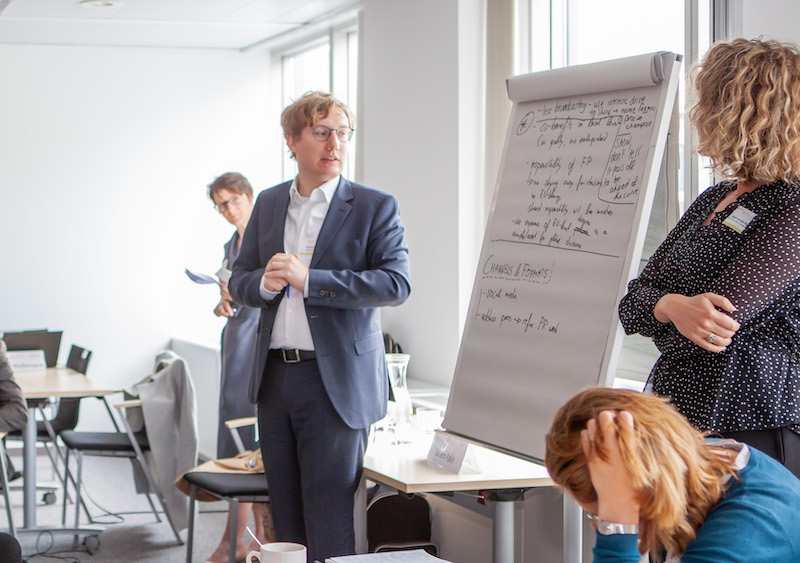
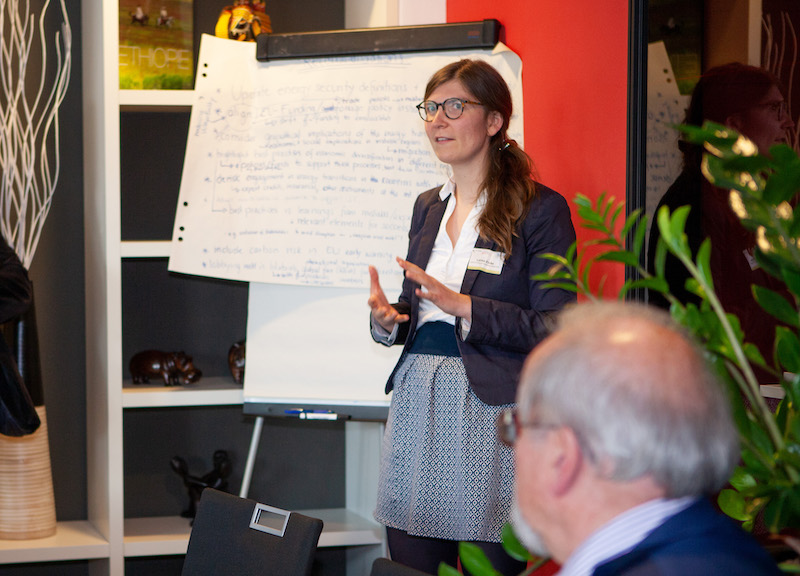
About the event
The international workshop on May 29 took place at the Brussels Representation of GIZ and was part of Foreign Policy and the “Just Energy Transition – Dimensions. Challenges. Opportunities” project, supported by the German Federal Foreign Office, in cooperation with the Deutsche Gesellschaft für Internationale Zusammenarbeit (GIZ) and Das Progressive Zentrum. The outcomes of both scheduled workshops will be translated into an inspirational and solutions-oriented paper, discussing best practices for a just transition and their international scalability.





